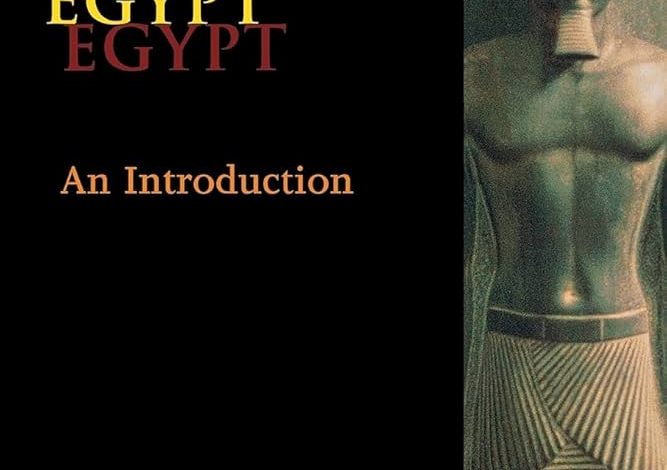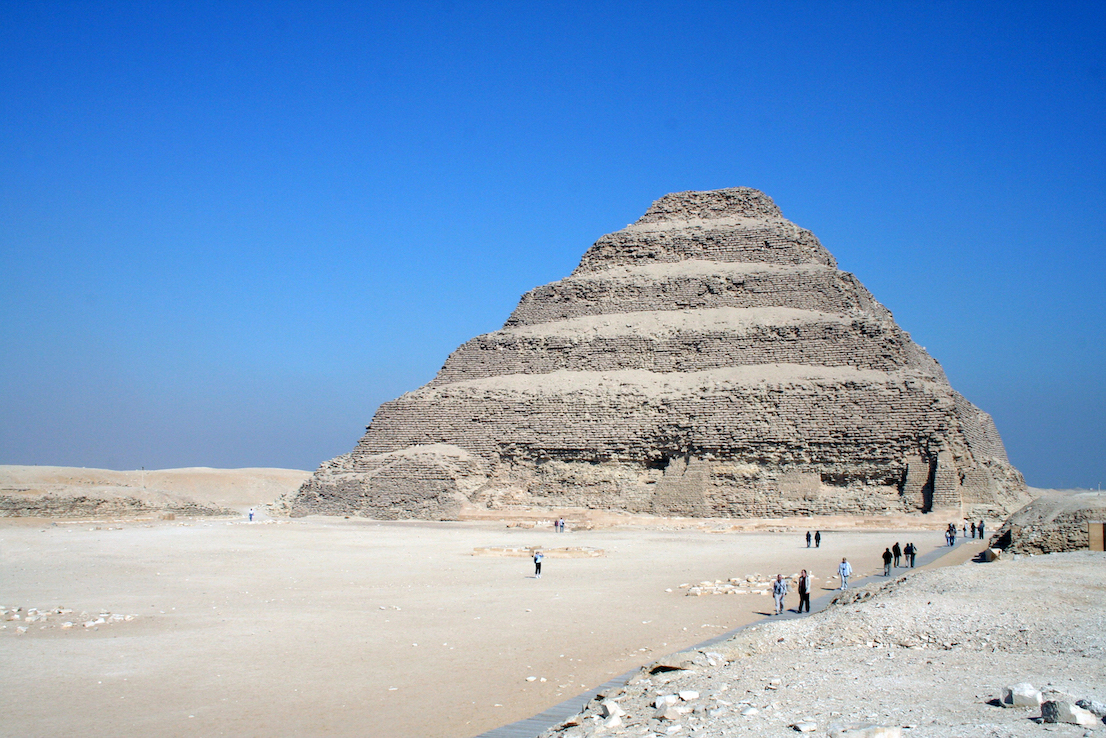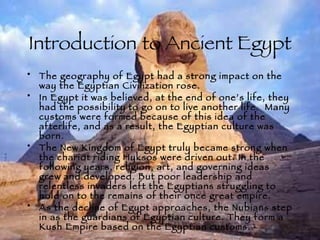Introduction And History of Egypt: Unveiling Ancient Mysteries

Welcome to our journey through Egypt’s history. Egypt is a country in North Africa. It has a rich and fascinating history. Let’s explore Egypt together!
Geography of Egypt
Egypt is in the northeastern corner of Africa. It is bordered by the Mediterranean Sea to the north. The Red Sea is to the east. Sudan is to the south. Libya is to the west.
The Nile River
The Nile River is very important in Egypt. It is the longest river in the world. It flows from the south to the north. The river made the land around it very fertile. This allowed early Egyptians to grow crops and thrive.
Early History of Egypt
People have lived in Egypt for thousands of years. The first people were hunters and gatherers. They settled along the Nile River. They began to farm and build villages.
The First Kingdoms
About 5,000 years ago, small villages grew into larger communities. These communities became the first kingdoms. There were two main regions: Upper Egypt and Lower Egypt. Upper Egypt was in the south. Lower Egypt was in the north.
Unification of Egypt
A king named Narmer united Upper and Lower Egypt. This was around 3100 BC. He became the first pharaoh of Egypt. Pharaohs were the kings of ancient Egypt. They ruled over the land and its people.
The Old Kingdom
The Old Kingdom lasted from 2686 to 2181 BC. It was a time of great building and prosperity. The most famous structures from this time are the pyramids. The Great Pyramid of Giza is one of the Seven Wonders of the Ancient World.
Middle Kingdom
The Middle Kingdom lasted from 2055 to 1650 BC. It was a time of reunification and stability. The pharaohs focused on improving the country. They built canals for irrigation and expanded trade.
The New Kingdom
The New Kingdom lasted from 1550 to 1070 BC. It was a time of power and wealth. Famous pharaohs like Hatshepsut, Akhenaten, Tutankhamun, and Ramses II ruled during this time. Egypt expanded its territory and influence.
Famous Pharaohs
- Hatshepsut: A powerful female pharaoh. She expanded trade and built many monuments.
- Akhenaten: He changed Egypt’s religion to worship one god, Aten.
- Tutankhamun: Known as the boy king. His tomb was found nearly intact in 1922.
- Ramses II: One of the greatest pharaohs. He ruled for 66 years and built many temples.
Late Period
The Late Period lasted from 664 to 332 BC. Egypt faced many challenges. Foreign powers invaded and took control. Despite this, Egypt’s culture remained strong.

Credit: www.khanacademy.org
Greek and Roman Egypt
In 332 BC, Alexander the Great conquered Egypt. He established the city of Alexandria. The Ptolemaic dynasty ruled Egypt after Alexander. Cleopatra VII was the last ruler of this dynasty. In 30 BC, Rome conquered Egypt. It became a Roman province.
Islamic Egypt
In the 7th century AD, Arab Muslims conquered Egypt. They introduced Islam to the region. Cairo became the capital city. It grew into a major center of learning and culture.
Modern Egypt
In the 19th and 20th centuries, Egypt underwent many changes. It became a British protectorate in 1882. Egypt gained independence in 1952. Today, Egypt is a modern country with a rich cultural heritage.

Credit: www.slideshare.net
Frequently Asked Questions
What Is Ancient Egypt Known For?
Ancient Egypt is known for its pyramids, pharaohs, and rich mythology.
Who Were The Pharaohs Of Egypt?
Pharaohs were the rulers of ancient Egypt, often seen as gods.
How Old Is Ancient Egyptian Civilization?
Ancient Egyptian civilization dates back over 5,000 years.
What Are The Great Pyramids?
The Great Pyramids are monumental tombs built for Egyptian pharaohs.
Conclusion
Egypt’s history is long and fascinating. From ancient pharaohs to modern times, Egypt has a rich cultural heritage. The pyramids, temples, and monuments tell stories of a great civilization. We hope you enjoyed learning about Egypt’s history.




